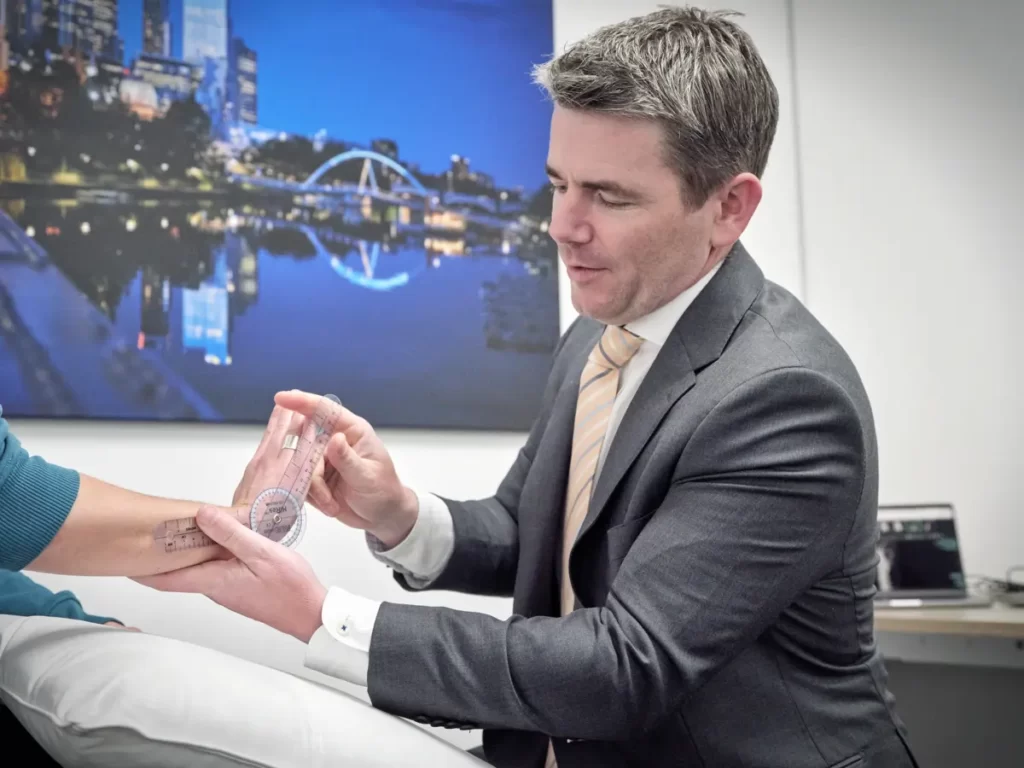In the case of workplace injury, transport accident, employment, or medical treatments, an independent assessment and opinion may be required, and it may be requested that you undergo an independent medical examination (IME).
An IME is performed by a medical doctor who is a specialist and expert in their field. This doctor must be someone whom you have not previously received treatment from or seen in a treating capacity. The examination is performed by an independent expert, who provides an impartial and unbiased opinion. This promotes an accurate and unbiased picture of the injury or illness.
In this piece, we will be discussing IMEs to provide an idea of what to expect if you have been requested to attend. Read on to find out more.
Why do you need an IME?
Typically, a lawyer, employer or insurance company may request that you undergo an IME to ascertain a better understanding of your medical history and injury, causes of injury or illness, the medical treatment provided, and your future treatment requirements. At times an IME is undertaken to gain a better understanding of the functional impact of an injury and your ability to perform day to day activities, as well as your employment capacity. The specific questions to be asked are provided in a letter format to the doctor, together with any relevant medical records so that the specialist can consider all aspects of your case.

What will happen during your IME?
The specialist will introduce themselves and inform you of their specialty. They will ask your consent to undergo an interview and physical examination, and for a report to be prepared that contains the details of the assessment, investigation results and medical history. An interpreter will attend if required. You can request or the specialist may request a chaperone to attend in the case of sensitive medical examination when such an examination is required from time to time.
They will ask you about the nature of the injury/illness, how it occurred, what your recent/relevant medical history is, and your current treatment course. The medical expert may also be required to conduct a physical exam and any relevant tests, the results of which will be used to confirm the nature of your injury/illness and its extent.
What to remember when having your IME
There is a list of important things to remember when having your IME:
- Confirm the appointment time date and location. Ensure you know where to attend to reduce any stress on the morning of the appointment.
- If it is helpful to remember, write a list of each of your symptoms to take with you so that you don’t forget them during your IME. The list of symptoms should include where your pain is and your physical limitations.
- Come to the IME willing and open to being interviewed and examined by the medical expert. To understand your limitations, a physical examination is often required.
- When the doctor asks you about your symptoms and the nature of the incident, be brief and to the point.
- Wear comfortable and practical clothing so the medical expert can examine your injury adequately. Some patients choose to bring shorts and a singlet to change into prior to the assessment (depending on the location of the injury).
- If you’d like a chaperone or need an interpreter let your legal representation know well ahead of the scheduled examination date.
This is a brief rundown of what is involved in attending an IME. This information will help you navigate what can be a slightly stressful time for those unfamiliar with IMEs and the processes involved.

